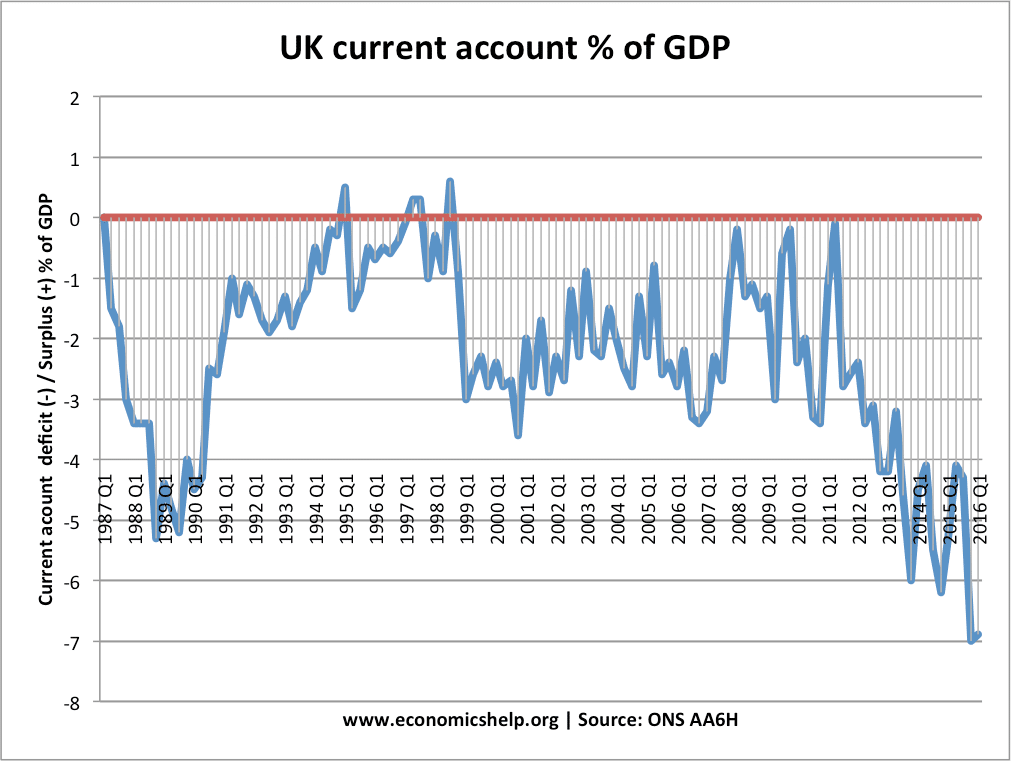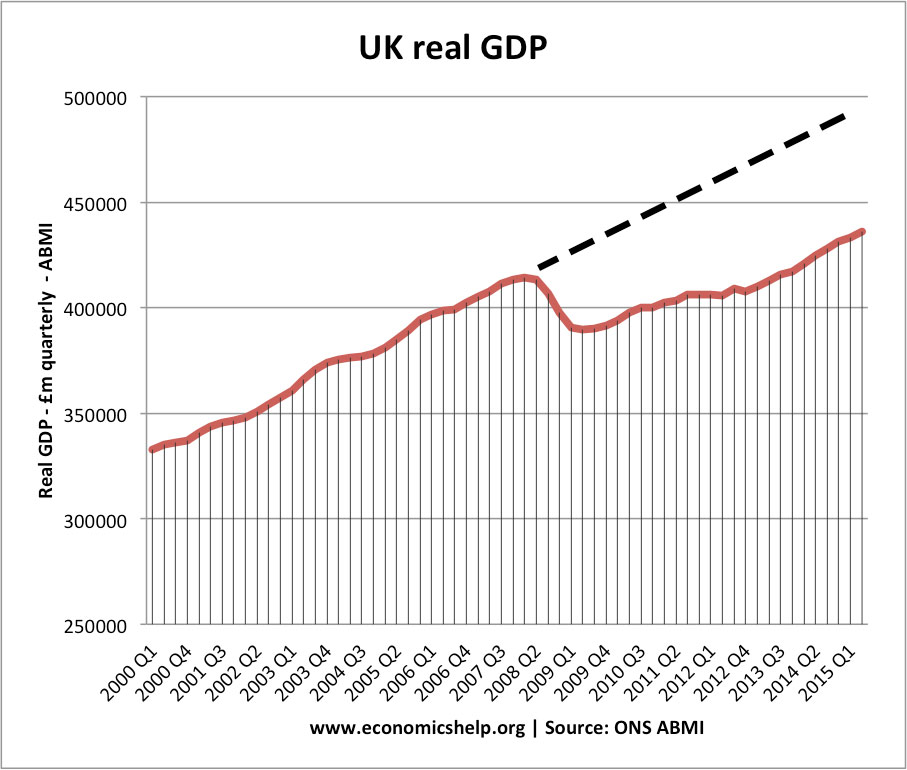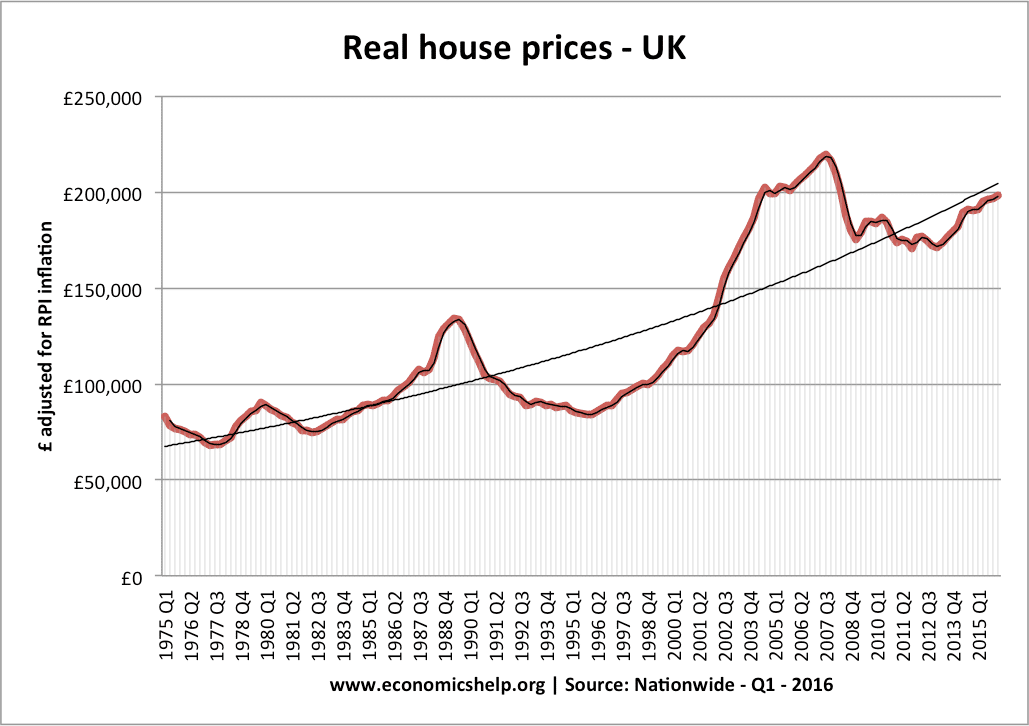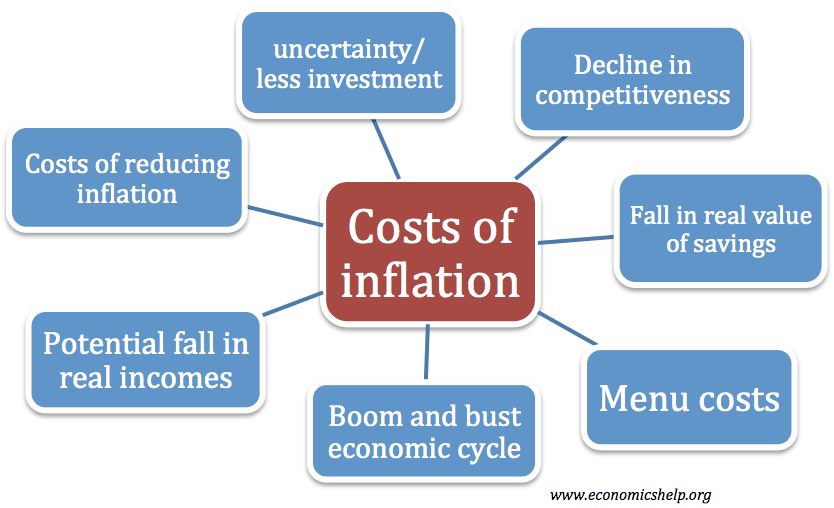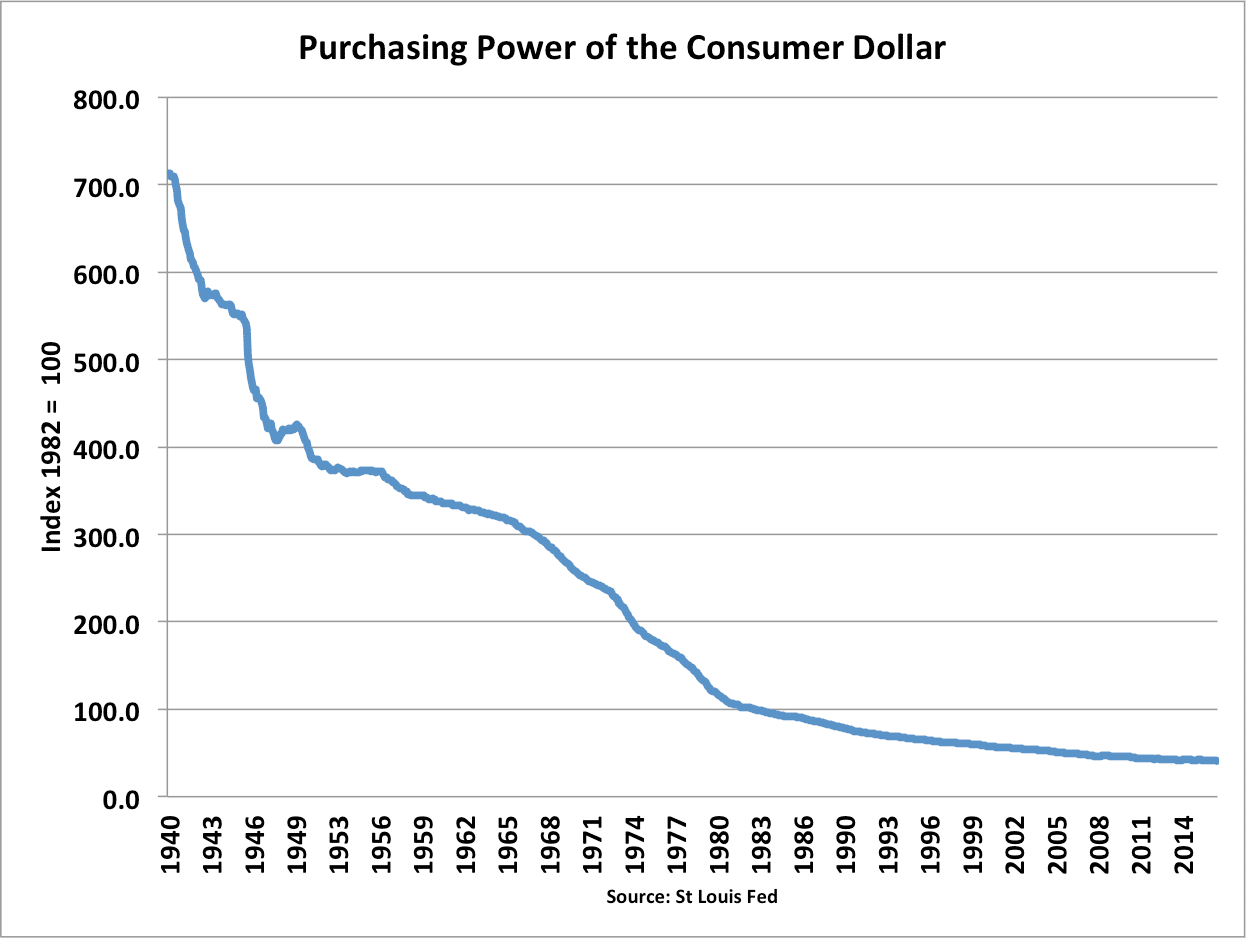Exchange rates
The exchange rate is the rate at which one currency trades against another on the foreign exchange market If the present exchange rate is £1=$1.42, this means that to go to America you would get $142 for £100. Similarly, if an American came to the UK, he would have to pay $142 to get £100. …

